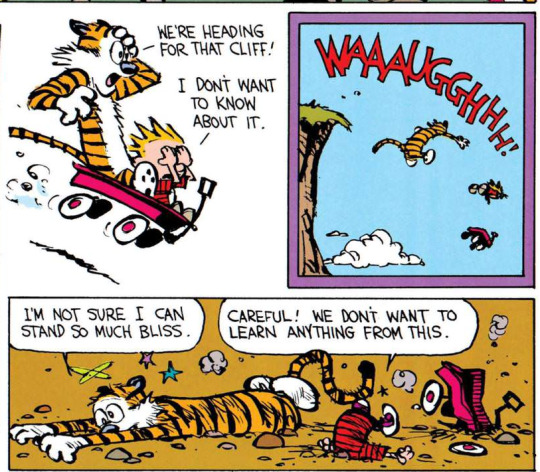(no subject)
Sep. 25th, 2023 09:08 pmThinking through the worldbuilding in The Dragons of Dorcastle. I’m quite early on, but I think the mages are half-right. Their world is in some sense illusionary, and the things they see are tricks of the mind. But when you talk to yourself, that’s your mind thinking, and it’s “real” because your mind is real. So if other people also talk to you, even if their bodies are illusions, their minds are real in the sense that you’re talking to yourself! And I think it works both ways—they’re also talking to themselves when they talk to you. In this setting, all minds are essentially a single mind that’s been fragmented into multiple voices.
That’s why mages can’t directly work magic on other people. Each mage thinks they subconsciously believe other people exist, and they would be able to work magic on others if they truly accepted solipsism. What they actually need to accept is that the self doesn’t exist, only the voices within the one true mind. When that’s acknowledged, modifying the other voices is like modifying the voices in your own head.
That’s why mages can’t directly work magic on other people. Each mage thinks they subconsciously believe other people exist, and they would be able to work magic on others if they truly accepted solipsism. What they actually need to accept is that the self doesn’t exist, only the voices within the one true mind. When that’s acknowledged, modifying the other voices is like modifying the voices in your own head.
